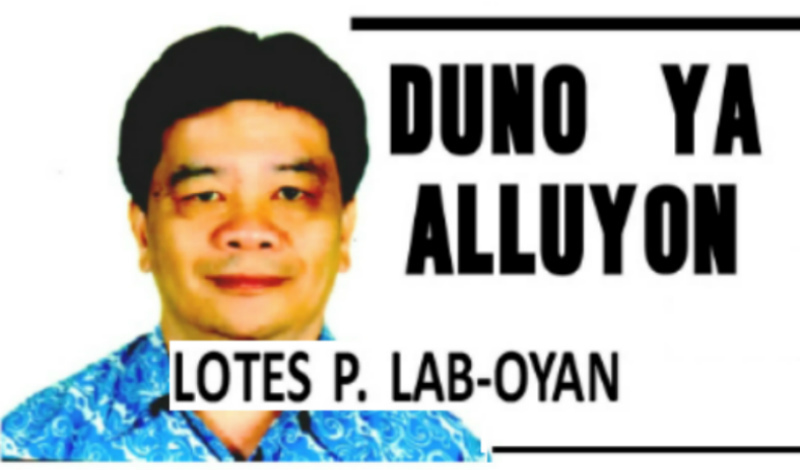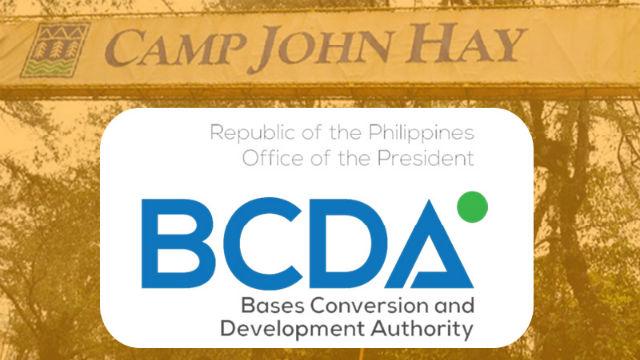2017 will always be remembered by cooperative members, leaders, and stakeholders as one of the most critical time that nearly robbed cooperatives of the benefits of their existence under Philippine laws. The idea to remove the tax incentives of cooperatives brought thousands of cooperators to march and occupy streets and urged lawmakers to stop the repeal of tax exemption privileges of this grower sector.
This brings us to the idea that cooperative officers must start to work for major shifts from their current practices. As entities governed by regulatory agencies, they need to be updated on current issues affecting their respective business operations. Officers of micro and small cooperatives having the most number in the country should innovate to be at par with other business enterprises.
One observation we often encounter is that some cooperatives fail to avail offered services by government institutions. Some government units in the Cordillera offer free seminars but only few attend such. This situation changes when other institution offer seminars /trainings with registration fee and the number of participants is quite good. Also, some LGUs provide financial assistance to organized groups like associations and cooperatives but limited number of cooperatives avail such opportunities.
As we close books for this year, we encourage cooperatives to embrace change and come up with measures for the ensuing year. In consideration of the forthcoming general assembly meetings of most cooperatives, I propose the following activities for cooperative officers and management to consider:
a) Cooperatives need to have human resource management program for approval of general assembly. There is a need for members, officers and staff to undergo refresher courses on cooperatives to be updated on introduced changes in cooperative policies and governance at the government and cooperative level. Attitude, skills and knowledge of all members should be enhanced. Policies related to manpower must be in place in every cooperative.
b) Cooperatives need to revisit development plans and programs and introduce measures to ensure sustainability of business operations for approval by the general membership. Conduct of SWOT Analysis that can include the following:
i. Assess vision, mission, goals, objectives of the cooperative’
ii. Identify potential sources of financial and technical assistance;
iii. Identify sources of consumer goods and farm inputs;
iv. Update policies to conform to government regulations. Review policies especially on capital build-up; savings deposit; delinquency; pricing; membership, etc.;
v. Employment status of personnel; salaries and wages; honorarium; per diems; other fringe benefits
vi. Development challenges that must be addressed (i.e. government issuances, external threats of competitors, etc.)
c) Farmer’s cooperatives to link with government and non-government agencies with facilities to support and realize advocacies on value chain. Identification of strategic business centers for disposal of products is highly encouraged.
d) Transport cooperatives to consolidate forces and come up with proposals on how to address the development challenges on modernization;
e) Agriculture cooperatives to produce quality products and the required volume to meet market demands;
f) Credit cooperatives to benchmark on the innovations made by big financial institutions to address high liquidity and attain better results that can help increase resources and benefits;
g) Consumer’s cooperatives to pool their resources and procure in bulk basic commodities. This assures higher returns on the assumption that discounts can be availed.
On the part of government agencies, the need to reach out to clients is important. Bringing services closer to the people through community based activities ensure peoples’ participation. Linkage with organized groups like cooperatives to support plans and programs of government is necessary. The good thing about cooperatives is they are required to have financial statements every year.
Finally, the ability to cope up with the challenges of the changing business environment does not reside in one sector or the government. Harnessing teamwork towards people, private, public partnership towards socio-economic growth and development require a unified and systematic approach. Hence, planning is necessary to involve all concerned.
As most of us believe in the existence of an Almighty, may the life and teachings of our Lord and Savior Jesus Christ inspire us to be a blessing to others. To those we might have hurt in the performance of our tasks; the write ups we made in this column, we humbly ask for forgiveness. Gratitude for you continued patronage to this paper.
MERRY CHRISTMAS AND A HAPPY NEW YEAR!













